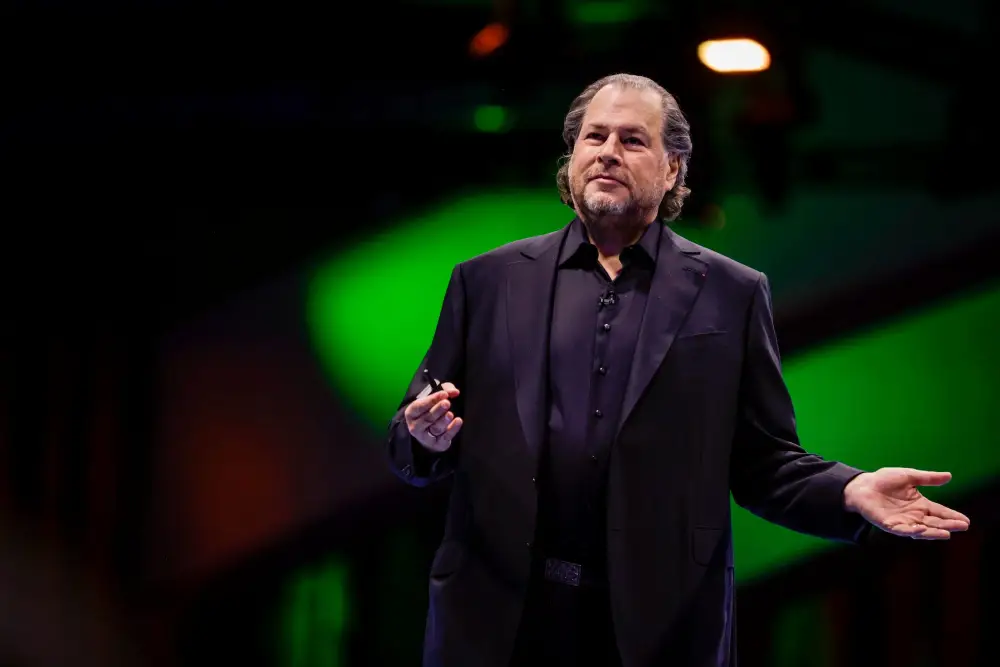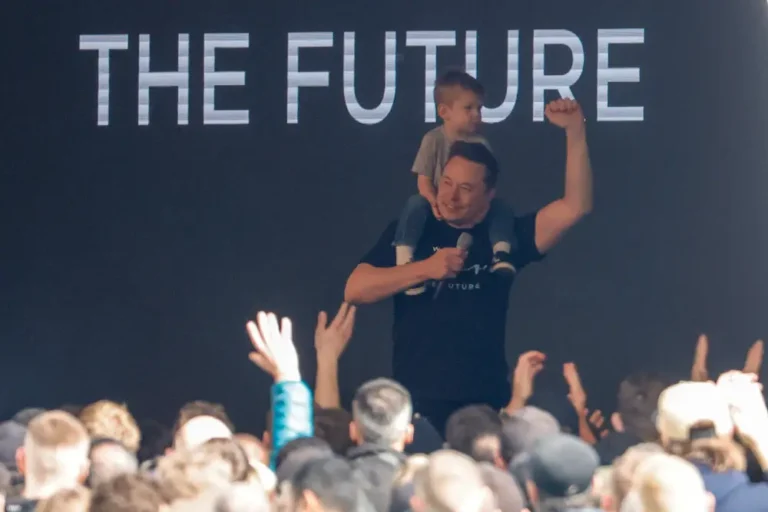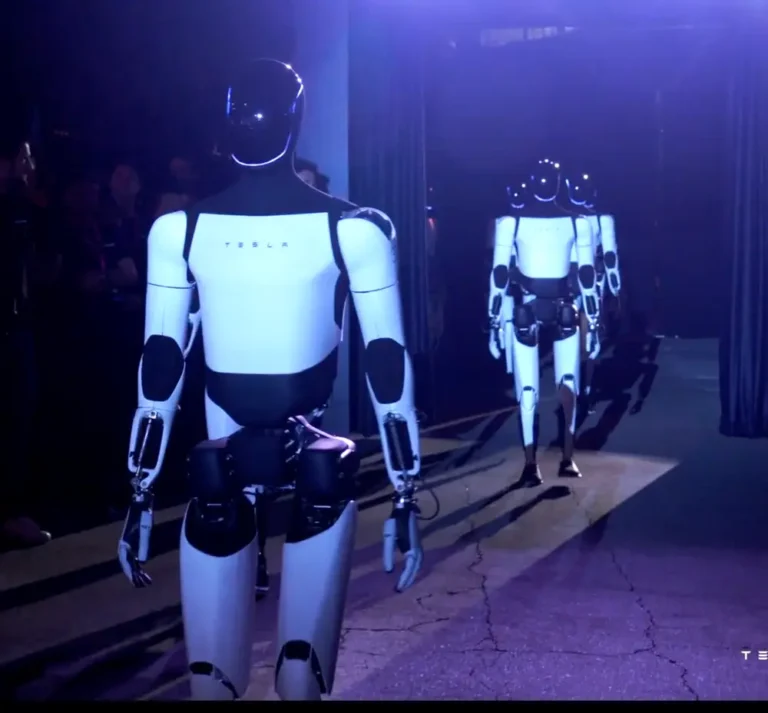Marc Benioff thinks we’ve reached the ‘upper limits’ of LLMs — the future, he says, is AI agents

In a podcast appearance, Salesforce CEO Marc Benioff said he thinks the future of AI lies in agents that do tasks autonomously.
Salesforce CEO Marc Benioff, in an episode of The Wall Street Journal’s “Future of Everything” podcast, said he thinks the future of AI advancement lies in autonomous agents — not the large language models used to train bots like ChatGPT.
“I actually think we’re hitting the upper limits of the LLMs right now,” Benioff said.
Over the last several years, Benioff said, we’ve all “got drunk on the ChatGPT Kool-Aid,” leading the average consumer to believe that AI is more powerful than it is and that LLMs are key to advancement in the technology. But there is a burgeoning use of artificial intelligence — autonomous agents, which can be deployed to conduct tasks independently, such as executing sales communications or marketing campaigns — that he says will be more significant than LLMs have been for companies trying to become more efficient and transform the world of work.
Salesforce offers prebuilt and customizable AI agents for clients seeking to automate customer service tasks. OpenAI is closing in on a launch date for its own agents, which Bloomberg reported will be able to complete assigned tasks like writing code or booking travel.
Nvidia CEO Jensen Huang recently said he believes we’ll all eventually be working alongside agents and “AI employees.”
“We have incredible tools to augment our productivity, to augment our employees, to prove our margins, to prove our revenues, to make our companies fundamentally better, have higher fidelity relationships with our customers,” Benioff said. “But we are not at that moment that we’ve seen in these crazy movies — and maybe we will be one day, but that is not where we are today.”
Benioff said the general public has learned about the power of AI agents from movies like the 1984 film “Terminator,” starring Arnold Schwarzenegger and about a cyborg assassin, and the 2002 hit “Minority Report,” about police preemptively arresting would-be criminals using AI-powered technology to detect crime before it occurs.
Benioff said there are some industry insiders and AI evangelists who suggest the tech, which hasn’t yet evolved too far beyond LLMs, is capable of feats like curing cancer or solving climate change — but not only is that overstating what the technology can do, he said, it’s misleading to people who could benefit from it through applications in which it is currently useful.
“This idea that these AI priests and priestesses are out there telling the world things about AI that are not true is a huge disservice to these enterprising customers who can increase their margins, increase their revenues, augment their employees, improve their customer relationships,” Benioff said.
He added: “Yes, you can do all of these things with AI, but this other part — that we are all living in ‘Minority Report?’ No, we’re not there yet. Maybe we’ll be there one day. ‘Terminator?’ Maybe we’ll be there one day. ‘WarGames’ — I hope we will never be there.”
In the 1983 film “WarGames,” starring Matthew Broderick, a high school student hacks a military supercomputer, activating the country’s nuclear arsenal and risking World War III.
Representatives for Salesforce did not immediately respond to a request for comment from B-17.






